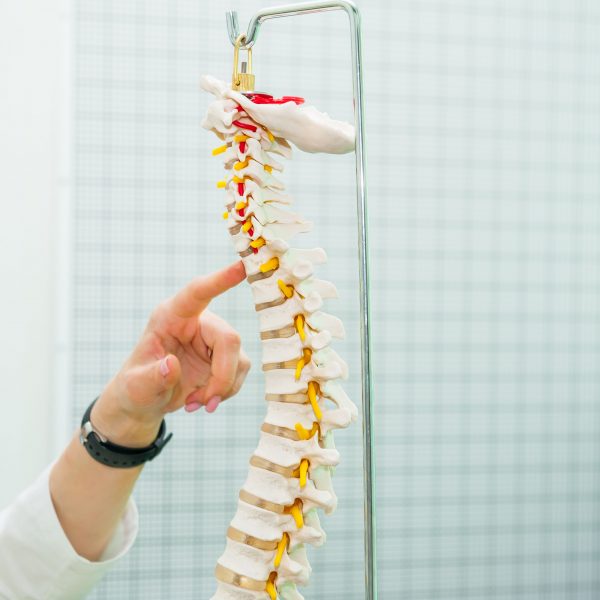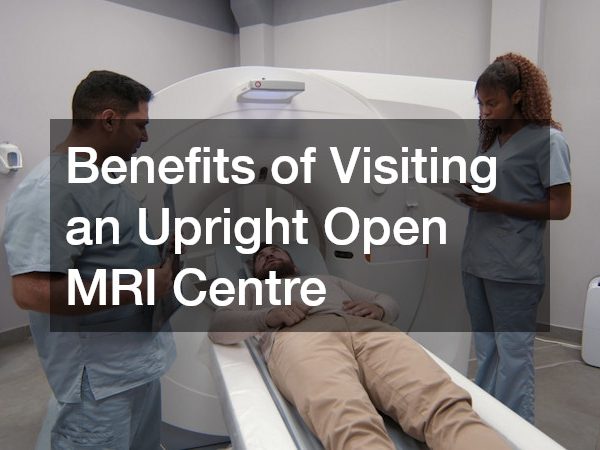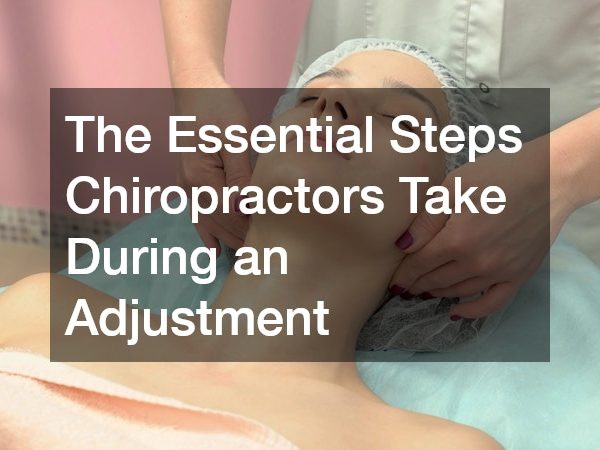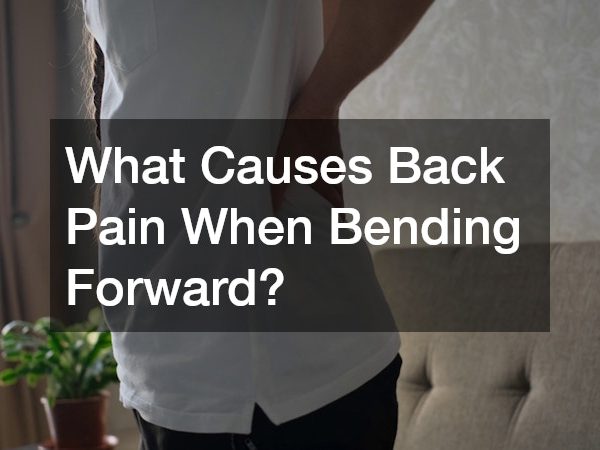Common knowledge would tell us that if a baby is crying, gently rocking them is the best way of appeasing them. But when you’re “shaking” your baby too hard, this can cause some health complications in the baby. Most people might not know this, but Shaken Baby Syndrome is known as a form of abuse. Since this can leave long-lasting complications on the baby, we must learn how to prevent and avoid harming our children.
What Is Shaken Baby Syndrome?
As the name suggests, Shaken baby syndrome usually happens when an adult is shaking the baby with too much force.
For the most part, a baby’s body isn’t fully developed to handle more vigorous physical activities. The skeletal system and the general body of babies aren’t able to withstand such force. In most cases, these babies can potentially get injuries in their neck area, which is known for not having the necessary strength of supporting the head’s weight. When this happens, the head will start to move more violently, which can result in whiplash.
Injuries Caused By Shaken Baby Syndrome
Simultaneously, the brain is still not fully developed, and there are still lots of space in the baby’s head until they are two months old. When a baby is being cradled violently, the brain is repeatedly hitting the skull back and forth.
Consequently, the brain will get damaged, and the following health complications can happen:
- Internal bleeding in the brain
- Trauma and concussions as the brain hit the skull
- Babies will hold their breath, or the respiratory system will get paralysed, which can cause asphyxiation
- Impediment in the development of the brain as nerve cells “break off” from each other.
- Blood will start to deposit in between the brain and outer membranes, which will result in a subdural hematoma. That is one of the main symptoms of a severe head injury, and professional help should be sought immediately.
It isn’t necessarily limited to the head area as injuries can still happen to the baby’s ribs, internal organs, and collarbones. Most of these injuries can result in almost-permanent disabilities, and in more extreme cases, death to the baby.
One of the more extreme symptoms of the shaken baby syndrome is cardiac arrest, which can lead to death. Suppose the life of the baby is on the line. In that case, you might want to learn the principles of advanced cardiac life support (ACLS), which is known for helping individuals who are currently experiencing cardiac arrest and other life-threatening situations. This course will delve deep into essential life support and professional training when handling patients in distress. Most healthcare professionals have to undergo such training to meet the needs of the community.
Parents must have the crucial information needed to give their babies the right care and adult supervision.

Preventing Shaken Baby Syndrome
Preventing such injuries is something that every parent should be aware of. Ironically, shaking your baby too hard can lead to even more anger and frustration in some parents, which might cause them to exert more force. Thus, we must exercise the right restraint level when we are with our child.
So what are some essential practices that parents can do to avoid this from happening? Here’s what you can do:
- There’s bound to be some babies who are more “energetic” than others and might require a bit more attention. When handling babies, you will need to have a fair amount of patience. As much as possible, you will need to stay calm.
- If you feel angry at the current situation, you might want to take some breather by going to another room and relieving your stress. It might take you a few minutes to clear your mind.
- If you have a partner, do not hesitate to ask for help from them.
- You might want to take some parenting classes that will give you a fair amount of understanding of child development and their behaviours.
- Be sure to hire a nanny that will exercise an adequate level of restraint when handling the baby. You might need to hire someone that you trust.
- If you have a history of anger, you might want to see a professional. Handling a baby isn’t for those that have short-tempers.
Remember: preventing injuries is better than treating injuries and spending even more than you would typically need on medical procedures. By following these safety precautions and tips, handling your baby will be even easier.
Comforting and handling a baby is not an easy task and will require a fair amount of patience. When handling your baby, you must exercise the right amount of restraint since babies don’t have the strength to handle sudden force shifts. Ultimately, show your baby some love and care as they are an extension of your personality and your identity.






